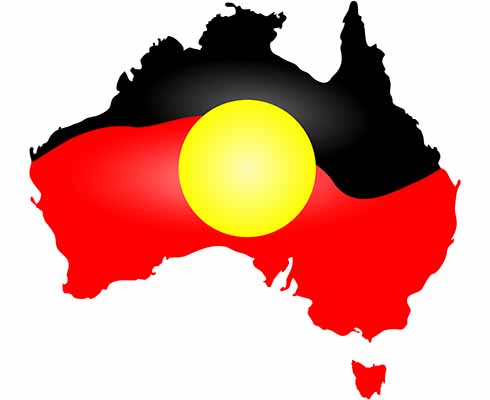 The Anniversary of the National Apology to the Stolen Generations takes place very soon after Australia Day.
The Anniversary of the National Apology to the Stolen Generations takes place very soon after Australia Day.
This proximity can illuminate both events. Indeed the Apology of the then Prime Minister Kevin Rudd to the Stolen Generations on 13 February 2008 is the lens through which we should see the arrival in Sydney Cove of Governor Phillip and the First Fleet on 26 January, 1788. Whether we refer to it as Australia Day, Invasion Day or Survival Day, the arrival of the First Fleet was the beginning of Indigenous dispossession and of suffering and indignities that demanded a national apology. They continue to call for reconciliation and reparation.
In the Apology the Australian government spoke on behalf of all Australians in recognising that Australia had acted wrongly in removing Indigenous children from their parents. The removal was dictated by the disrespectful claim that its targets were defined, not by their shared humanity, but by their race. This disrespect caused lasting damage to the children affected, to their families and their descendants.
It is highly significant that the Prime Minister made the Apology in person to representatives of the Stolen Generations. In doing so he emphasised that all Australians are equally entitled to respect, and that the government is responsible to ensure that all Australians are treated equally regardless of their race and history. The Apology also recognised that Indigenous Australians have a special place in Australia as the first peoples.
Australia Day and the Apology are more than significant points along the history of the relationships between Indigenous Australians and the successors to Governor Phillip and the First Fleet. They mark the beginnings and the goal of those relationships: the beginning of Indigenous dispossession, and the goal of respectful relationships between the First and Later Australians that find expression in constitutional and legal recognition and in non-discriminatory treatment by governments and their representatives. Australia Day remembers the beginning of demolition. The Apology points to the future arrival point of reconciliation.
Between 1788 and 2008 two Australian stories of the relationship between Indigenous Australians and the later arrivals have coexisted. One is the Indigenous story. It tells of invasion, massacres, displacement, expulsion from land and the cultures it nurtured, violation of sacred places, the taking away of their children, discrimination enshrined in law and in custom, racism and condescension within Australian life, and imposed marginalisation. It is also a story of endurance, resistance, guarding of culture and language, organisation, pride and constant struggle for justice.
The second story is that of the new arrivals. It is one of conquest, taking over land, fencing it in, exploiting it for short term profit, protecting European identity, waiting for Indigenous Australians and their culture to die out, condescension and anger at their agency. It has also been a story of growing recognition of wrongs done to Indigenous peoples, appreciation of the riches of the Indigenous relationship to land and of the impoverished ways in which the newcomers themselves have treated it, and a growing desire for reconciliation – though preferably without change.
The Apology pointed forward to reconciliation. It brought joy and hope but its ritual and its words made clear that reconciliation will demand great change. To accept and to implement that is our common challenge.